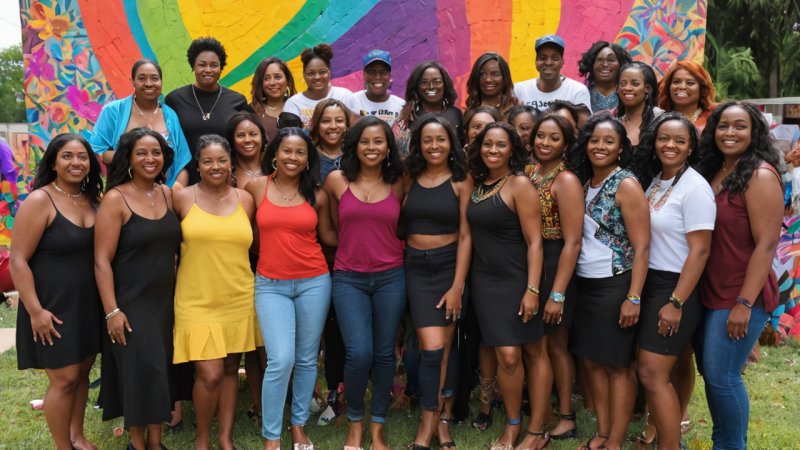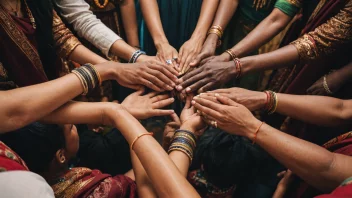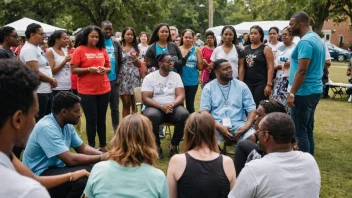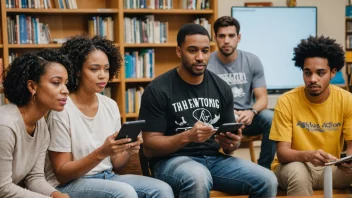In a world where economic disparities continue to widen, the role of arts and culture initiatives in supporting impoverished communities has never been more critical. These initiatives not only provide a platform for self-expression but also foster community engagement, economic development, and social cohesion.
Arts and culture initiatives often serve as a catalyst for change, allowing individuals from marginalized backgrounds to share their stories and experiences. By engaging in artistic endeavors, community members can reclaim their narratives, challenging stereotypes and breaking down barriers. Programs that promote local artists and cultural heritage can instill a sense of pride and identity within communities, helping to build resilience against the challenges of poverty.
Moreover, these initiatives can enhance economic opportunities. Cultural events, art exhibitions, and festivals attract tourism and create jobs, providing income to local artists and vendors. For example, community art projects can transform neglected public spaces into vibrant gathering spots, boosting local economies and fostering a spirit of collaboration among residents.
Education is another significant aspect of arts and culture initiatives. Many programs focus on teaching skills such as painting, music, dance, and theater, providing youth with valuable creative outlets. These skills not only encourage self-discipline and teamwork but can also lead to careers in the arts, which are often overlooked in traditional educational systems. By integrating arts into the curriculum, schools can enhance students' engagement and improve academic performance, particularly in underserved areas.
In addition to economic and educational benefits, arts and culture initiatives contribute to the overall health and wellbeing of communities. Participating in creative activities has been shown to reduce stress, improve mental health, and foster social connections. For individuals facing the hardships of poverty, these programs can provide a much-needed escape and a supportive environment where they can share their experiences and connect with others.
Getting involved in arts and culture initiatives is accessible for individuals looking to make a difference. Volunteering at local art centers, supporting community theater productions, or participating in workshops can significantly impact both the volunteers and the communities they serve. Additionally, advocating for policies that support funding for arts programs can lead to lasting change on a larger scale.
In conclusion, arts and culture initiatives are powerful tools for supporting impoverished communities. They promote self-expression, enhance economic opportunities, improve education, and contribute to overall health and wellbeing. By engaging with and supporting these initiatives, individuals can play a vital role in empowering communities and fostering a more equitable society.






